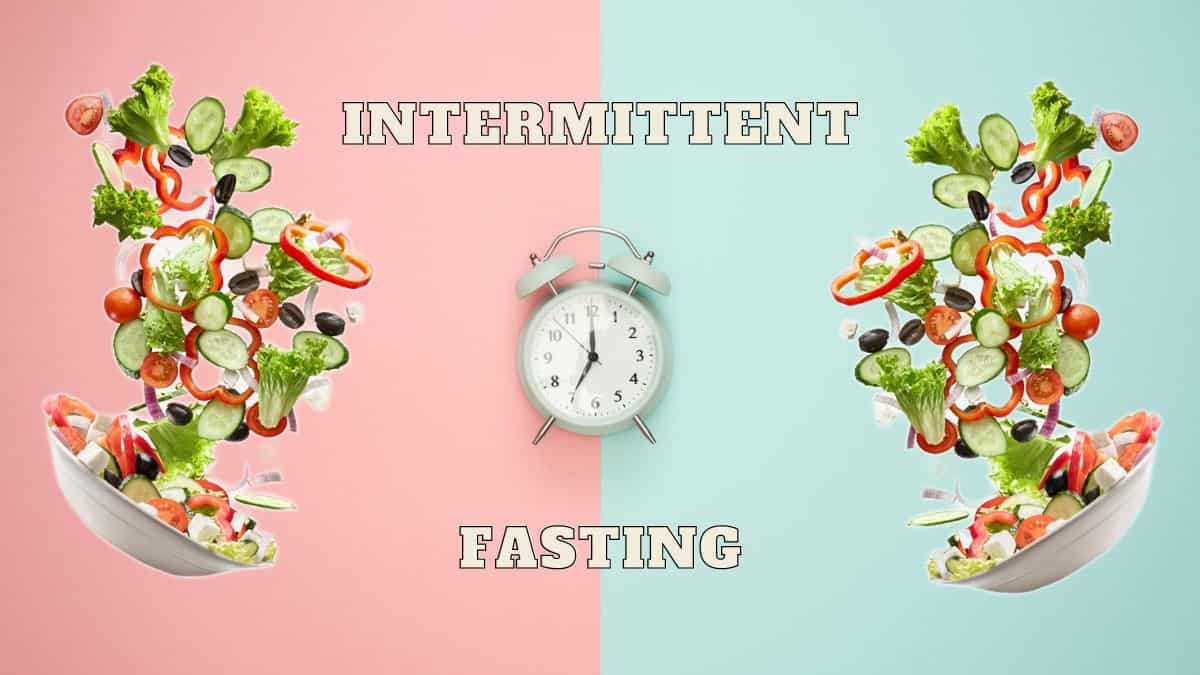Researchers have raised concerns over potential cardiovascular risks associated with the popular 16:8 intermittent fasting practice.
Research Findings
Analysis of a study presented at the EPI Lifestyle Scientific Sessions 2024 revealed that individuals following 16:8 intermittent fasting were 91% more likely to die from cardiovascular disease compared to non-fasters.
Study Details
- Data from 20,000 adults in US National Health and Nutrition Examination Surveys from 2003 to 2018 was analyzed.
- Participants practicing 16:8 fasting had a significantly higher risk of cardiovascular disease-related mortality.
- Those with pre-existing cardiovascular conditions who restricted eating to an 8 to 10-hour window had a 66% higher risk of heart disease and stroke mortality.
Implications
The research challenges previous beliefs about the benefits of intermittent fasting, suggesting no overall mortality advantage to this eating pattern.
Individuals with cancer who consumed their daily calories over 16 hours had a lower risk of cancer mortality.
Limitations
The study’s reliance on short-term dietary recalls and its observational nature raise questions about the accuracy of the findings.
Experts emphasize the need for further research to understand the long-term effects of intermittent fasting on cardiovascular health and overall well-being.
Expert Opinion
Dr. Cheng-Han Chen, an interventional cardiologist, highlighted potential biases in participants’ recall of eating patterns and differences in baseline characteristics among fasting groups that could impact study results.
















































